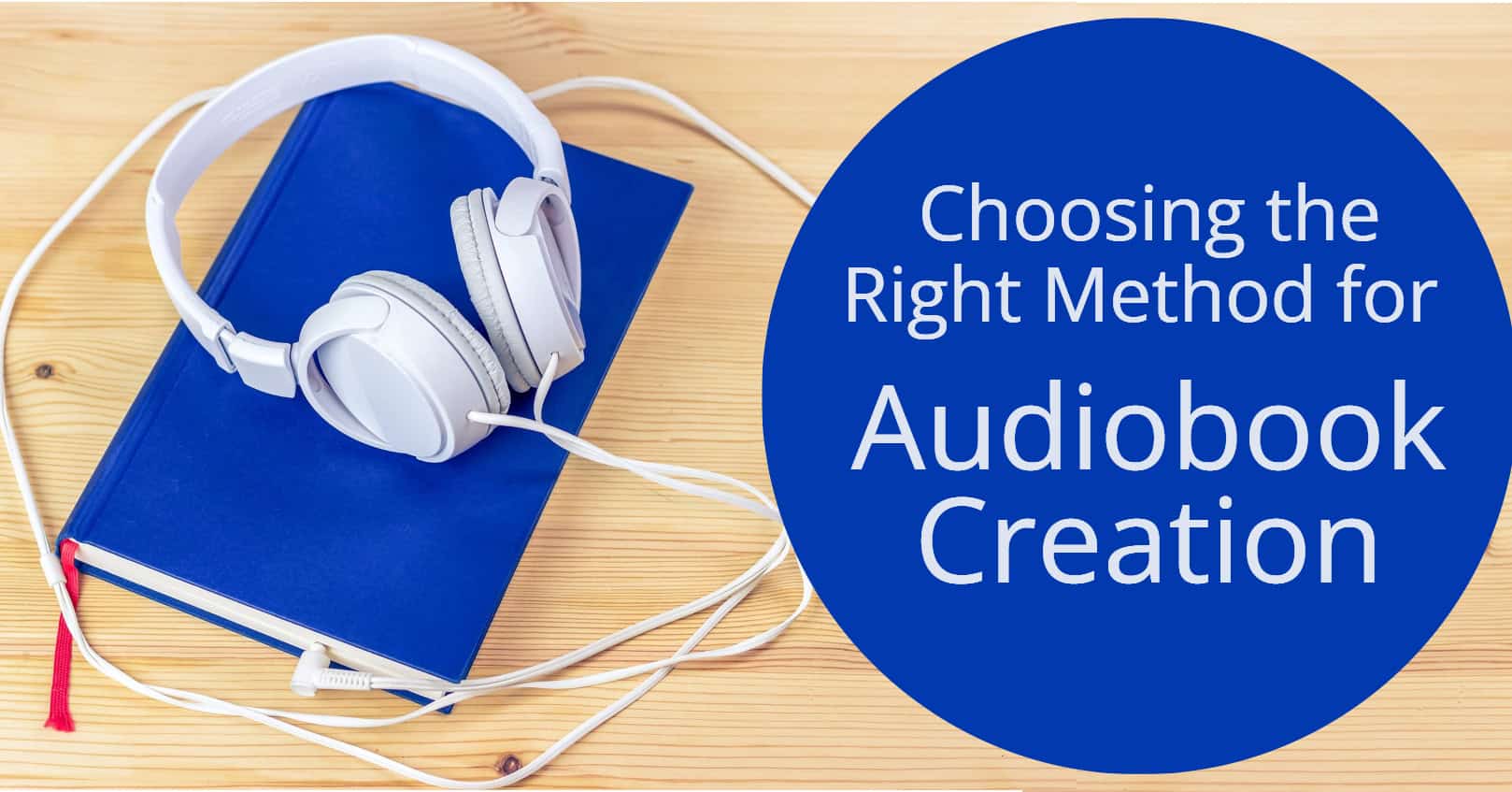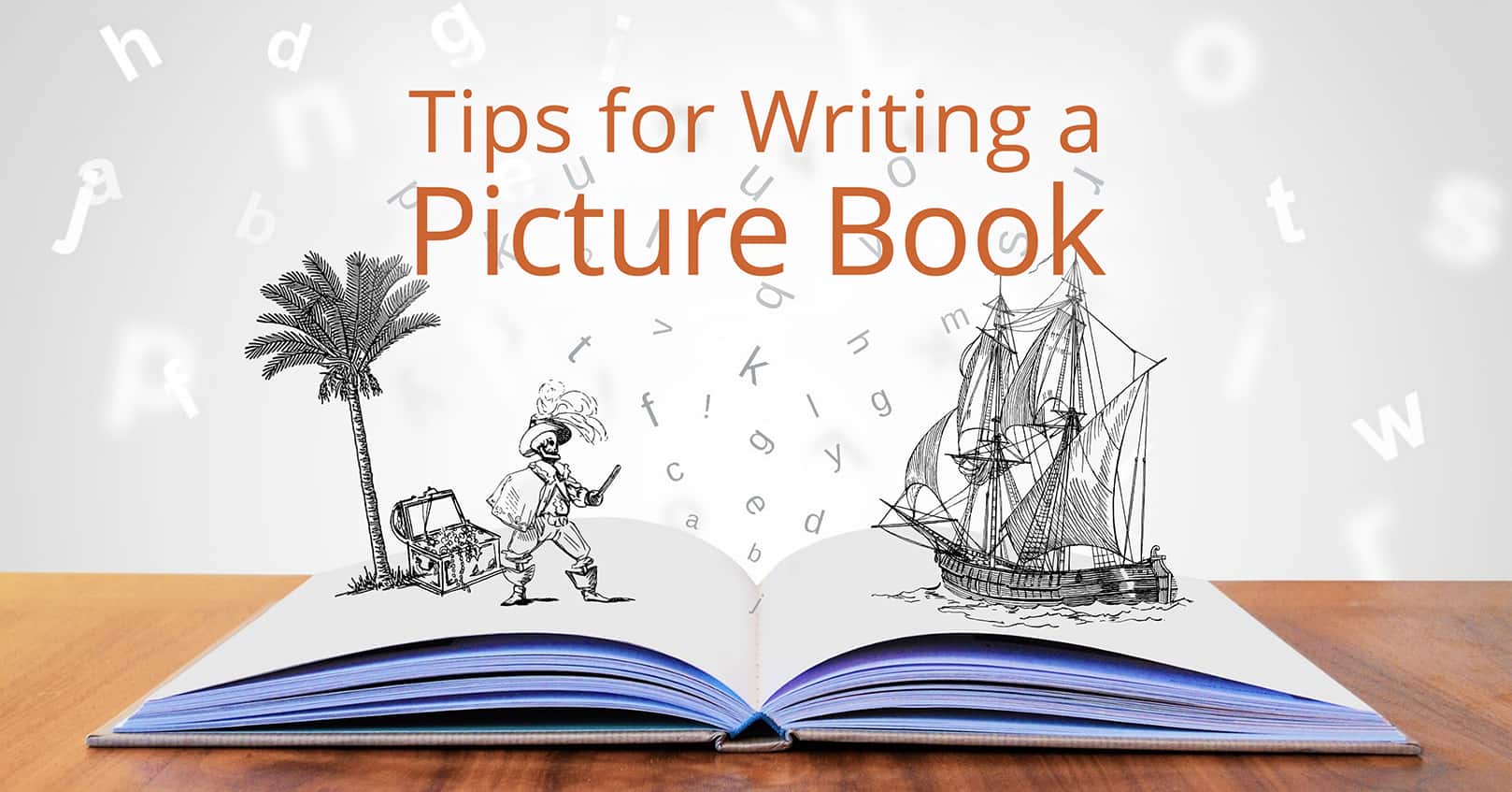
Creating an audiobook involves several important decisions, including the method of bringing your book to life. Whether you’re an author, narrator, or producer, understanding the various audiobook creation methods can help you make an informed decision that suits your budget, skills, and goals. Let’s explore the three primary approaches to creating audiobooks: DIY recording, professional studios, and AI narration.
DIY Audiobook Recording
DIY (Do It Yourself) audiobook recording involves creating your audiobook independently, typically from a home studio. This approach is ideal for authors or narrators who have the skills and equipment to produce quality audio content without external assistance.
Pros:
- Cost-effective for authors on a budget.
- Full creative control over the production process.
- Convenient for those with basic recording equipment and technical know-how.
Cons:
- Steep learning curve for beginners.
- Requires investment in equipment (microphone, soundproofing, editing software).
- Time-consuming due to recording and post-production tasks.
Best for: Publishers who wish to create many in-house audiobooks and independent authors with a strong technical background or those willing to learn the skills required for audio production.
Professional Studio Recording
Hiring a professional recording studio is a popular option for those seeking high-quality audio production with minimal personal involvement in the technical aspects. Professional studios provide the space, equipment, and expertise to produce polished audiobooks.
Pros:
- Superior audio quality with professional-grade equipment.
- Access to experienced sound engineers and producers.
- Ideal for complex projects requiring multiple voices or sound effects.
- There are many online choices of companies or individuals online.
Cons:
- Can be expensive, especially for longer projects.
- Limited creative control compared to DIY options.
- Scheduling availability may be a constraint.
- You will pay more per finished hour depending on the popularity and experience of the narrator and editing team, even with royalty-sharing options that some services offer.
Examples:
- ACX Production Services: A professional service specifically for audiobook production.
- Lantern Audio: Known for high-quality audiobook production and narration services.
- Pro Audio Voices: Offers full-service audiobook production and distribution support.
Best for: Authors and publishers with a larger budget seeking top-tier production quality and professional oversight.
AI Narration
AI narration uses advanced text-to-speech technology to generate an audiobook without human voice actors. This method is growing in popularity due to advancements in AI voice synthesis technology.
Pros:
- Cost-effective and quick turnaround time.
- Suitable for straightforward projects with minimal dialogue complexity.
- No need for hiring narrators or renting studio time.
Cons:
- Lack of emotional depth compared to human narrators.
- Limited customization and vocal performance nuances.
- Requires significant DYI editing to create a smoother listening experience.
- Ethical considerations and listener preferences regarding authenticity.
- Some audiobook platforms do not currently sell AI-narrated audiobooks or only allow AI narration if generated using their own limited creation tools.
Best for: Budget-conscious projects or non-fiction works where emotional delivery is less critical.
Making the Right Choice
When deciding on the best audiobook creation method, consider factors like your budget, technical skills, desired audio quality, and audience expectations. Each method offers unique advantages and challenges, making it essential to align your choice with your project’s goals.
By carefully weighing the pros and cons of DIY recording, professional studios, and AI narration, you can ensure your audiobook meets industry standards while staying true to your creative vision.
Check out all our audiobook articles here.















Comments